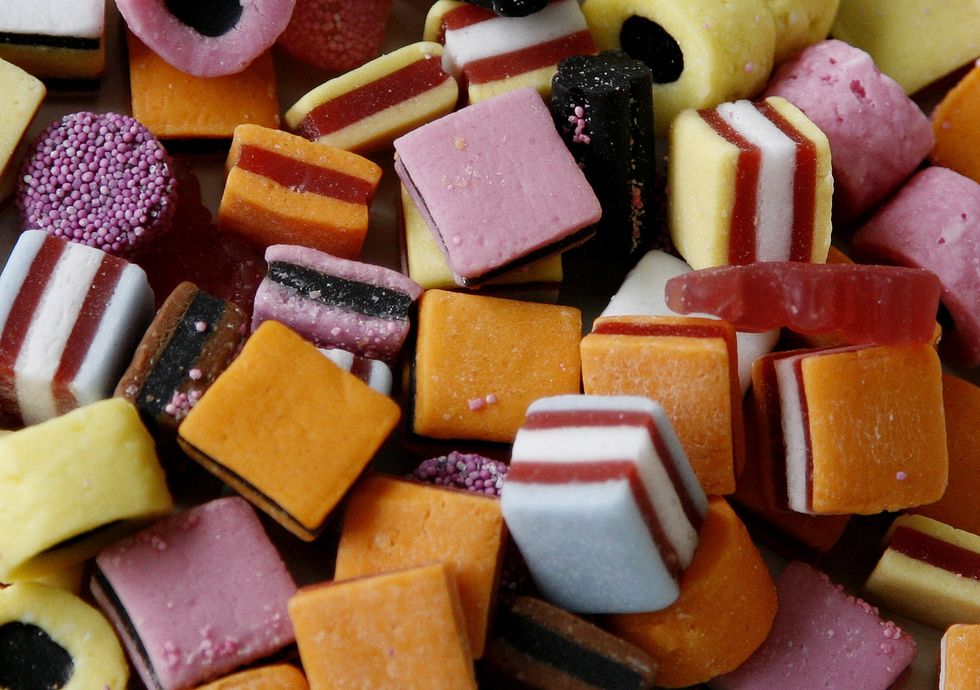Chemical found in popular sweet can help fight pancreatic cancer, study reveals

A chemical in a popular sweet can help suppress pancreatic cancer, according to a new study
|PA

The disease has one of the lowest 10-year survival rates of any cancer
Don't Miss
Most Read
Latest
A chemical in a popular sweet can help suppress pancreatic cancer, according to a new study.
Scientists believe the findings could lead the way to new and improved treatments.
Isoliquiritigenin (ISL) - a compound in liquorice - has proved to be effective in helping fight pancreatic cancer, a new study from Hong Kong Baptist University suggests.
The break through report could help scientists treat the "silent killer."

Isoliquiritigenin (ISL) - a compound in liquorice - has proved to be effective in helping fight pancreatic cancer, a new study from Hong Kong Baptist University suggests
|PA
According to Cancer Research UK, it has one of the lowest 10-year survival rates of any cancer and only five per cent of people with the disease survive for more than a decade after diagnosis.
On Monday, researchers said ISL had lowered the survival rate of cancer cells in laboratory experiments on mice.
The study found that using a unit 30 milligrams per kilogramme of ISL on a tumour resulted in a reduction of around 500 cubic millimetres, which is around half of the size of the tumour in the control experiment.
Joshua Ko Ka-Shun, an associate professor at the university’s School of Chinese Medicine who led the study said: "This compound is worth considering for further development into a new generation of chemotherapy treatment.
"ISL possesses the unique property of inhibiting pancreatic cancer progression through the blockade of autophagy, which is a natural process where the body's cells clean out damaged or unnecessary components.
"The blockade of late-stage autophagy in our experiment results in cancer death."
Ko Ka-Shun is now hoping to work with partners in Europe and mainland China to set up tests in pancreatic cancer patients.
The expert has also warned people not to over-consume liquorice in response to the study's findings.

Ko Ka-Shun is now hoping to work with partners in Europe and mainland China to set up tests in pancreatic cancer patients
| PACommon signs of pancreatic cancer include yellowing of the skin (jaundice) and bleeding in the stomach or intestine.
Other less commonly known signs, detailed in a University of Oxford study last year, are an increased sense of thirst and dark yellow urine.
Anyone who has lost a noticeable amount of weight or have other symptoms of pancreatic cancer that get worse or do not get better after two weeks should see their GP, according to the NHS.










